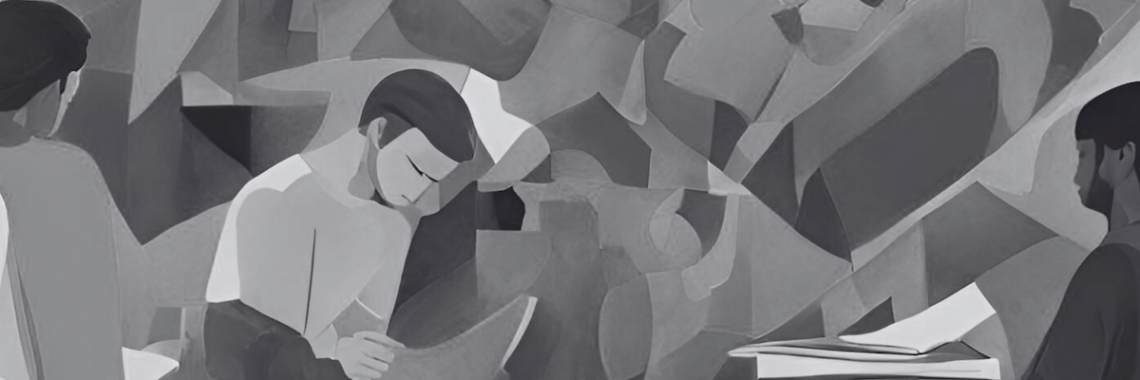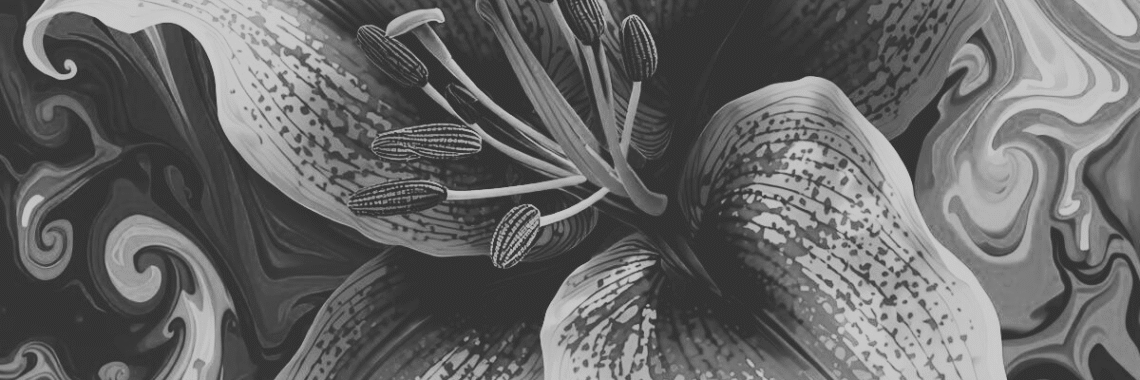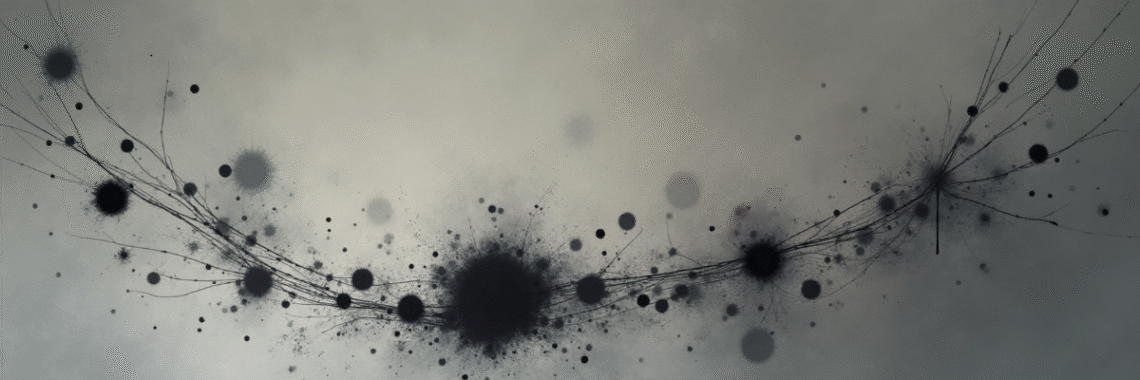The 2023 Association for Constructivist Teaching (ACT) conference was held at Appalachian State University in Boone, North Carolina, during the peak of the 2023 Fall leaf color season (“peak week”). Despite some rain and strong winds, the fall colors were exceptionally vivid. As we were driving the Blue Ridge Parkway, the rain briefly stopped, and the sun appeared with its radiant rays – yes, the view was amazing!
The board members’ itinerary commenced with pre-conference events. The tour of the Belk Library was particularly memorable because it houses the complete collection of Caldecott Medal-awarded children’s picture books. I recall the difficulties I faced in obtaining rare copies of Caldecott Medal-winning books while supporting a Korean Government-funded study of Dr. Lee on literature-based integrated curriculum using high-quality children’s books. Thus, it was an unexpected joy to see the complete set of Caldecott Medal-awarded books in person. Another special aspect of the library is its “Makerspace,” which includes 3D printers, robotics, vinyl cutters, sewing machines, various electronics, and computers with a wide array of art and science software. It is indeed a STEAM (Science, Technology, Engineering, Arts, Mathematics) room for college students, faculty and staff to collaborate and unleash their creativity. Board members had the opportunity to create and print their own mug design after learning the basics of graphic software – yes, we had fun while learning!
The theme of the conference was Advocating for Learning Journeys: Constructivism as the Language of Learning, and the following three elements represented the theme well:
- A pre-conference tour to the 83-years-old Lucy Brock Child Development Lab Program, led by Director Dr. Andrea Anderson, was a memorable experience. The school is adorned with children’s works and documentation boards, an authentic assessment tool that displays the progress of children’s learning and its outcomes. One notable documentation board, titled “ Schema Theory: Learning Made Visible,” was a collaborative effort by the assistant director, Cassandra Parrish, and a student, Madison Puckett. It showcased eureka moments when Madison made mental relation between the behaviors of infants and toddlers she observed and Piaget’s developmental theory. For example, when a child used a ramp to roll balls down and watches them as they reach the bottom and continuously rolling through the classroom, Madison connected this behavior to the schema of rotation, circulation, and vestibular system. They will present this learning at the upcoming 2023 NAEYC (National Association for the Education of Young Children) annual conference.
- The keynote presentation by Dr. Amy J. Malkus, titled “From Algorithms to Imagination: Crafting a Constructivist Learning Voyage with AI,” aligned perfectly with a parenting seminar I conduced over the summer at Sarang Church, Anaheim, CA, which is the largest Korean church outside of Korea. As Dr. Malkus emphasized and I agree that we cannot avoid the use of AI, nor can we prohibit our college students from using it. Therefore, we must focus on our teaching methods to help our students to achieve higher-level educational objectives, such as creation, within the Bloom’s Taxonomy framework. Major teaching principles of constructivist education, which involve engaging learners in experimentation, fostering cooperation, and catering to learner’s interest, have been consistently implemented and practiced by educators since the time of Jean Piaget’s foundational work, and these practices facilitate learners’ creativity.
- The conference also featured a tribute to the late Constance Kamii, a key member of ACT, who studied under Jean Piaget in Geneva, Switzerland, and developed math curriculum based on constructivism. Her profound contributions to math education are especially notable.
I am currently in the process of revamping my student practicum course for the PK-3 Early Childhood Education Specialist Instruction Credential program. I have been actively searching for high-quality teaching examples to share with my VU students – yes, attending this conference helped me collect a wealth of materials for this purpose and thought of ideas for assignments that help my students construct their own knowledge.




